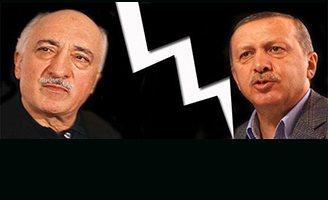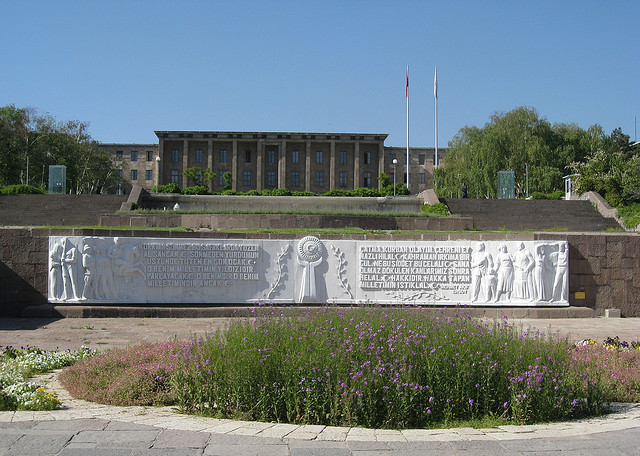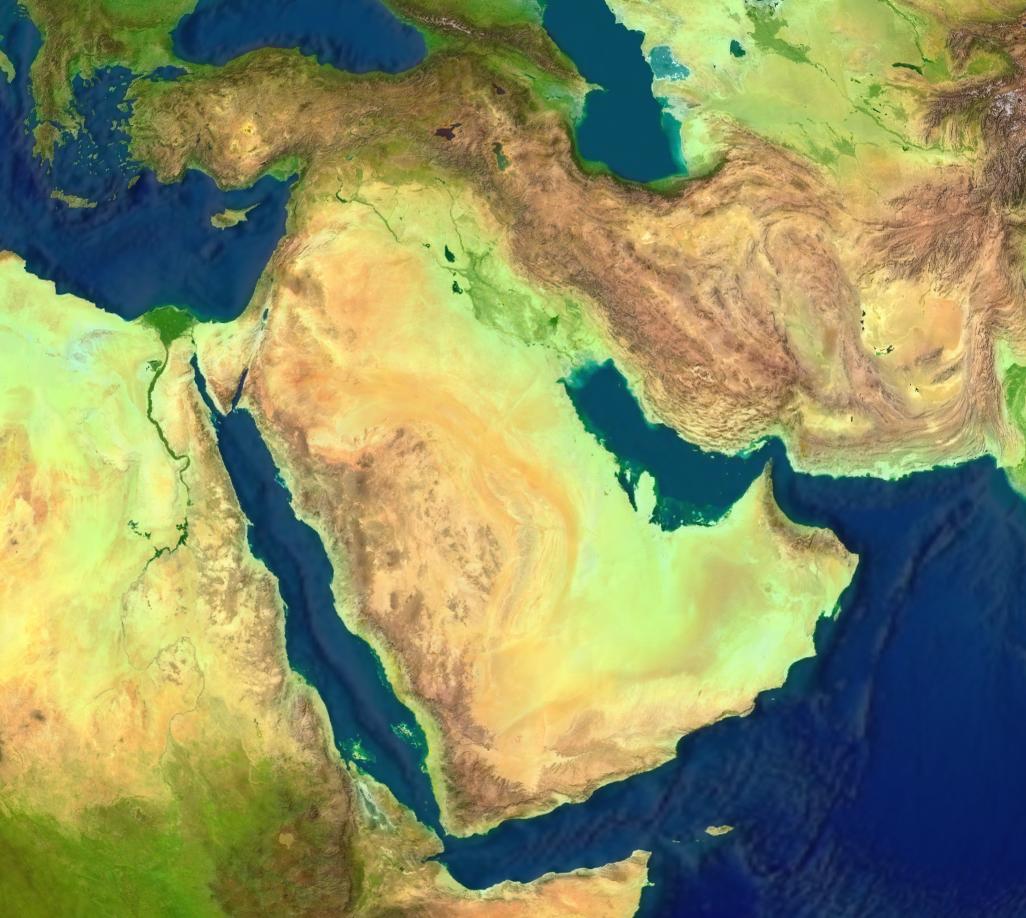The Coalition Crumbles: Erdogan, the Gülenists, and Turkish Democracy
By Halil M. Karaveli (vol. 5, no. 4 of the Turkey Analyst)
The authority of Prime Minister Recep Tayyip Erdoğan has been challenged by the security apparatus, the police and parts of the judiciary that enjoy the backing of the brotherhood of the Islamic preacher Fethullah Gülen. The unprecedented challenge compels Erdoğan to circumscribe the power of his erstwhile ally, which thrives with the application of oppressive security measures. Whether Erdoğan will now see the strong incentive to seek a democratic, negotiated solution to the Kurdish issue, or continue to concentrate power in his own hands, remains to be seen.

Creeping Shadows: The Repercussions of the AKP’s Aggressive Policy towards the HDP
By Gareth Jenkins (vol. 8, no. 8 of the Turkey Analyst)
In recent weeks, Turkey’s ruling Justice and Development Party (AKP) has pursued an increasingly aggressive policy towards the pro-Kurdish Peoples’ Democratic Party (HDP) in the hope of pushing the party below the 10 per cent national threshold in the June 7, 2015 general election while simultaneously preventing Turkish nationalists amongst the AKP’s own voters from defecting to the Nationalist Action Party (MHP).
Candidate Lists for the Election to Parliament Display Worrying Fault Lines
By M.K. Kaya (vol. 8, no. 8 of the Turkey Analyst)
President Erdogan’s visit to Saudi Arabia and his public criticism of Iran suggest an adjustment of Turkey’s Middle East policies are under way. The Syrian conflict cooled Turkey’s relations with Iran, but boosted an alignment with Gulf States. But then, differences over Egypt seriously complicated Turkish-Saudi relations. Following events in Iraq and Yemen, the deck appears once more to be rebalanced – a new understanding with Riyadh appears to be underway, and Turkish-Iranian relations are tense. But the key question is whether these adjustments are stable, given that foreign policy appears indexed in part on Erdogan’s mood. With the ruling elite in flux, so is foreign policy.

Turkey and the Sunni Bloc: Ankara Adjusts Its Middle East Policies
By Svante E. Cornell (vol. 8, no. 7 of the Turkey Analyst)
President Erdogan’s visit to Saudi Arabia and his public criticism of Iran suggest an adjustment of Turkey’s Middle East policies are under way. The Syrian conflict cooled Turkey’s relations with Iran, but boosted an alignment with Gulf States. But then, differences over Egypt seriously complicated Turkish-Saudi relations. Following events in Iraq and Yemen, the deck appears once more to be rebalanced – a new understanding with Riyadh appears to be underway, and Turkish-Iranian relations are tense. But the key question is whether these adjustments are stable, given that foreign policy appears indexed in part on Erdogan’s mood. With the ruling elite in flux, so is foreign policy.

The Turkish Islamists See the Sunni Nation as the Solution to the Kurdish Problem
By Fatih Yaşlı (vol. 8, no. 7 of the Turkey Analyst)
Historically, Turkey’s Islamists have taken a view of the Kurdish problem that has made them the tacit allies of the Kurds, both standing in opposition to the founding ideology of the Turkish republic. As the Islamists see it, the Kurds are a pious, conservative people that together with the Turks constitute the “Muslim nation.” For the AKP, the solution to the Kurdish problem is spelled “Islamic fraternity.” This is the assumption that ultimately sustains the negotiations that the AKP has been conducting with the Kurdish political movement.







